 There are masses available for your intentions living or deceased. Please contact the rectory if you would like to purchase a mass intention. There are also Sanctuary Candle intentions available for the Lower Church. Please fill out the form in this bulletin and send it to the rectory.
|
|
|

Jesus gives us a very practical way to love those who annoy or attack us. In the Gospel of Matthew 5:44, Jesus says: “Love your enemies, and pray for those who persecute you.” We all have people who persecute us. Perhaps it’s unintentional, but they make our life very difficult. Maybe it’s someone who speaks badly about me behind my back. Maybe it’s someone who can’t open his mouth without being biting and sarcastic. Maybe it’s someone whom I trusted and then let me down. Maybe it’s someone at work who is angling to get my job. Whatever it is, the Lord is asking me to pray for that person. (And he doesn’t mean to pray that this person gets a one-way ticket to his eternal reward.) What if I don’t want to? Then ask for grace to pray for that person. And then get started. Maybe at first it will just be a simple Hail Mary prayed through clenched teeth. But don’t give up; you’re imitating Christ, who prayed even for those who crucified him. When we receive Christ in the Eucharist today, let’s beg him for the grace to love those who persecute us, especially by praying for them.
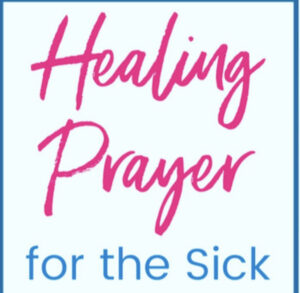
Please pray for our sick that they may receive God’s healing strength: Albert Ferranti, Marisa Della Pia, Dom Dinella, Sarah Wallace, Marie Devlin, James Curci, Susan and Frank Addis, Grace Jones, Brian Ligato, Danielle Peters, Marie and Hugh Quigley, Geraldine DiDonato, Gerri Liberato-Abbott, Louie DiBruno, Michael Cornaglia, Sr., Angel Scorza, Linda Sammaritano, Sister Peg, Stephanie Sinex, Shawn Keefe, Maria Dattilo, Ashleigh Leone, Fr. Casey, Rose Campolongo, Landon Reid, Annette Slattery, Anna Musolino, Joann Auld, Pat Kennedy, Sister Francine OSF, Constance DeMayo, Robert Federico, Tom Rucci, Diane Cellini, Dominick Condo, Leon Defulgentis, Anthony DiDonato, Robert & Assunta Nataloni, Bill DiMascio, Lucia Maria Cudemo, Chris Penrose, Joann Fontana, Gregory Lucia, Jackie DiStefano, Jeff Thomas, Jessica Lauria, Richard Graham, Karen Specht, Ed Specht, Annamarie Curci, Rose Candelora, Tommy Truong, Carol Mastropieri |

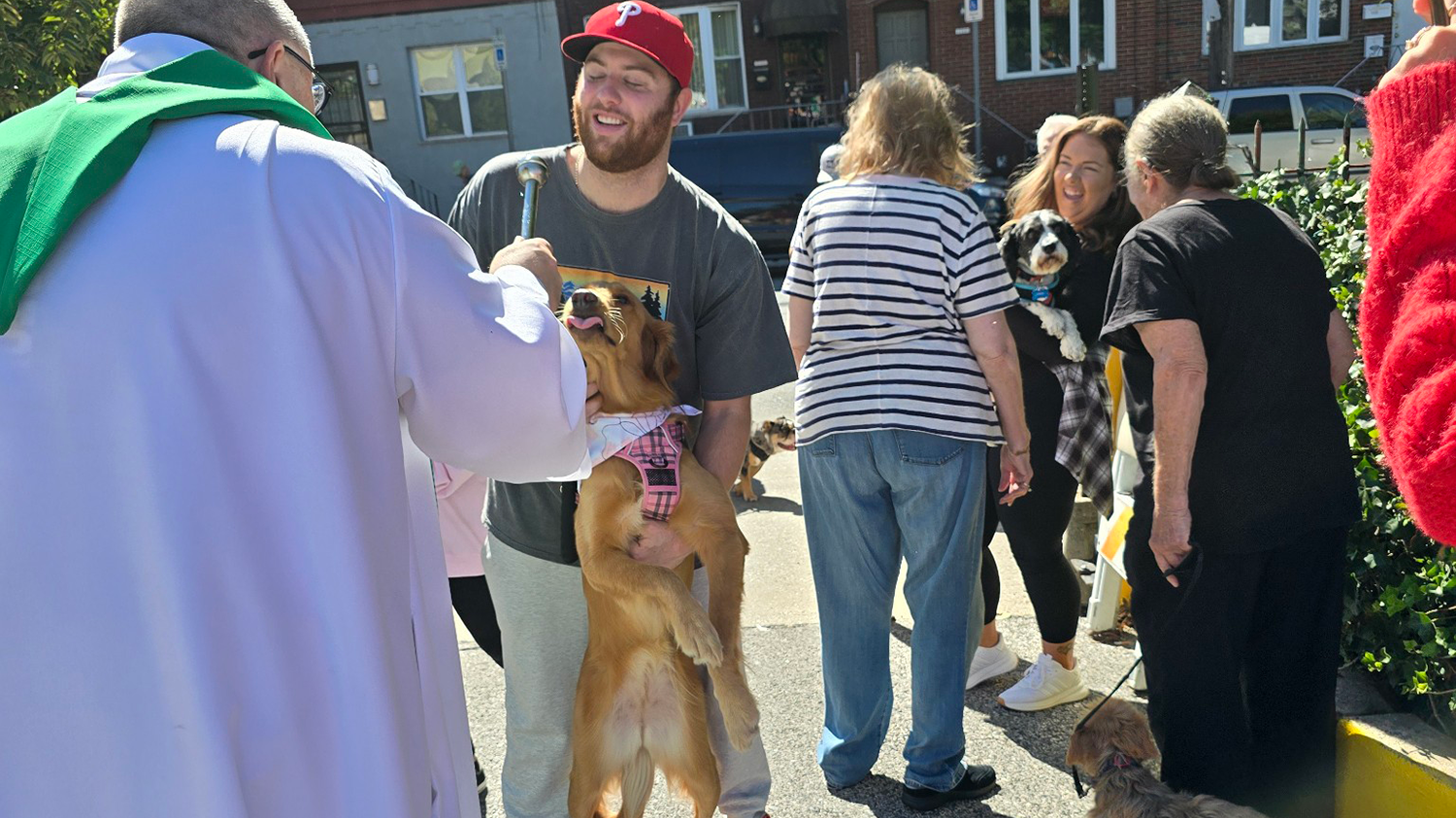
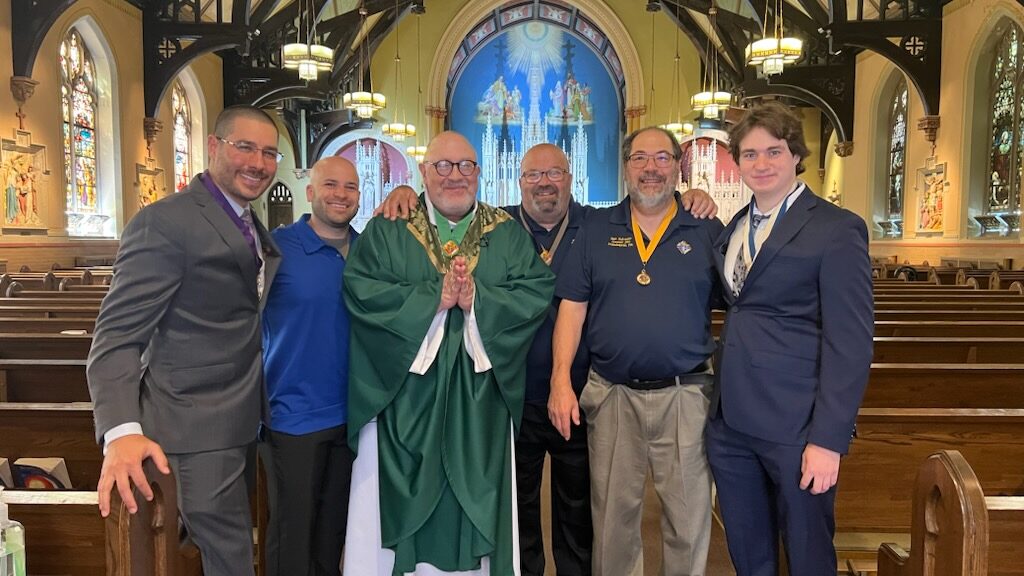
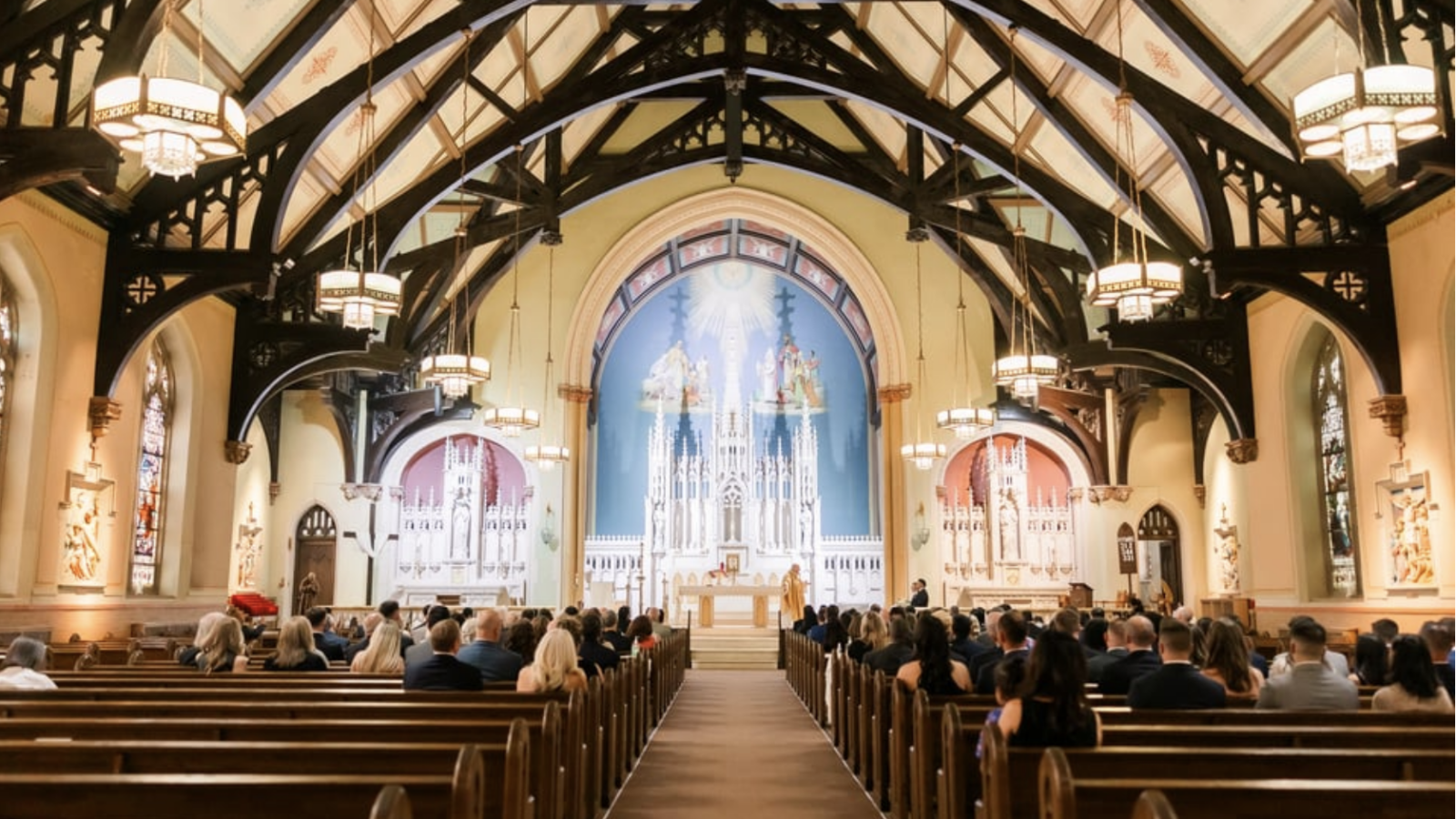

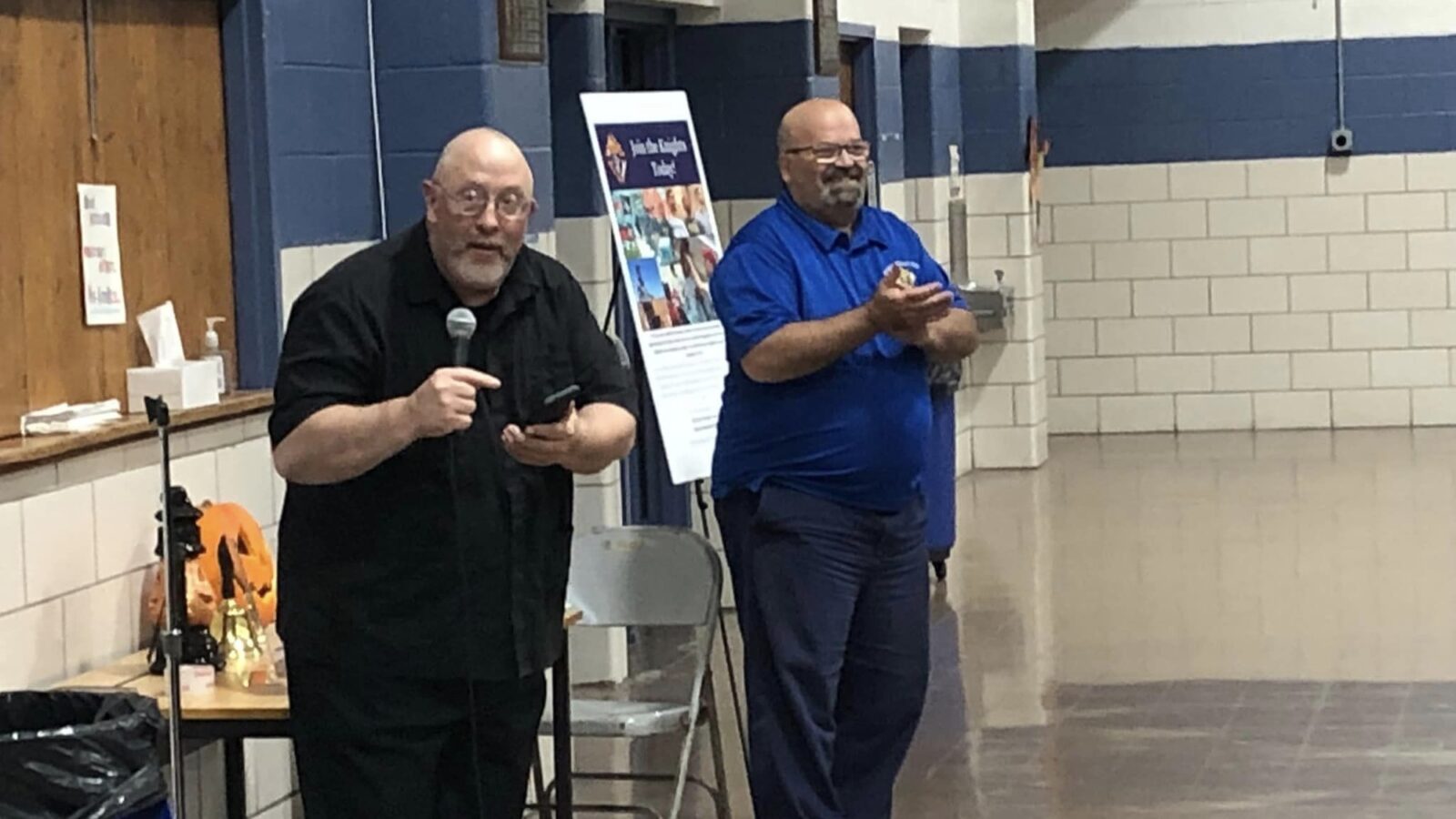
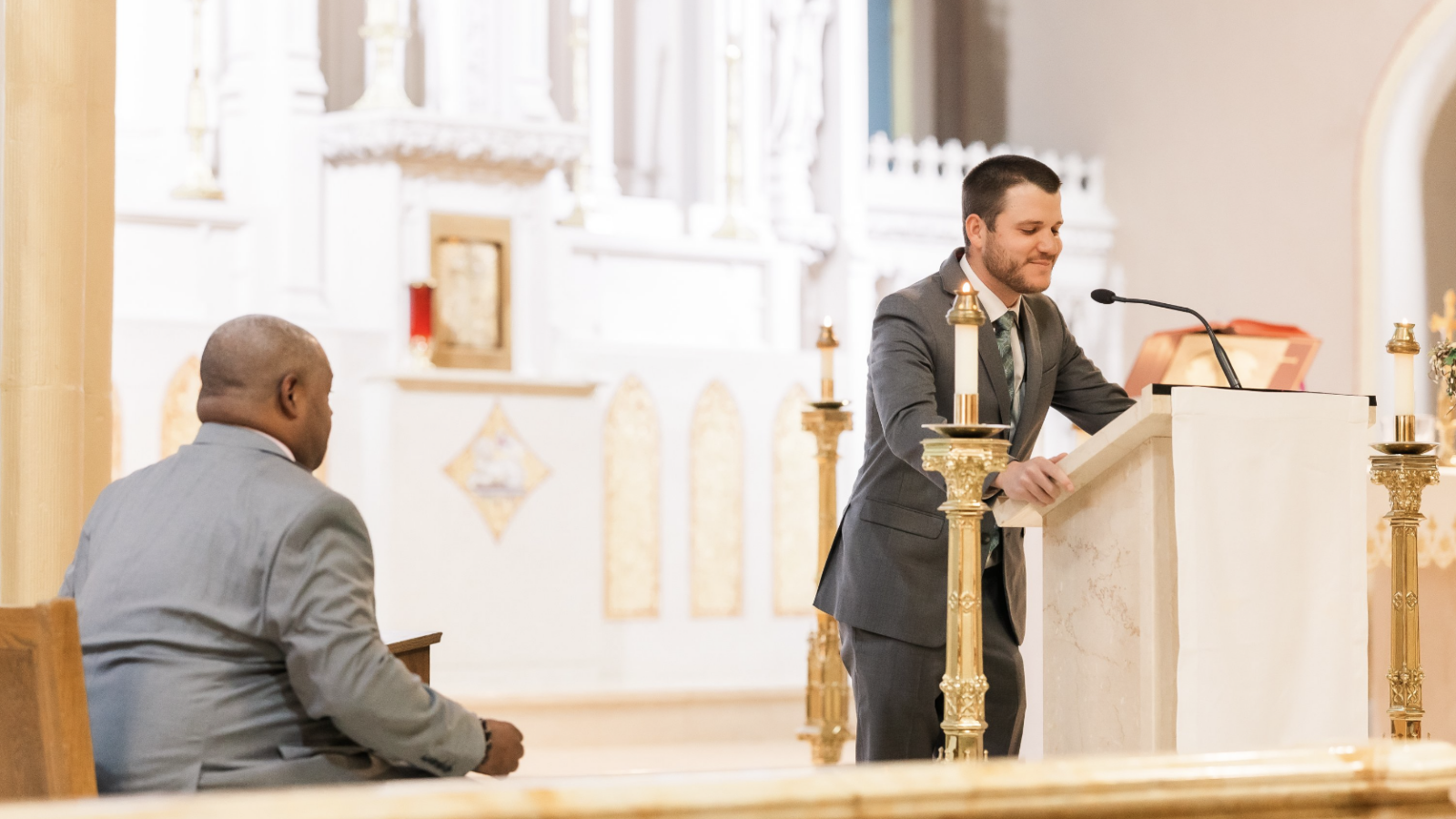
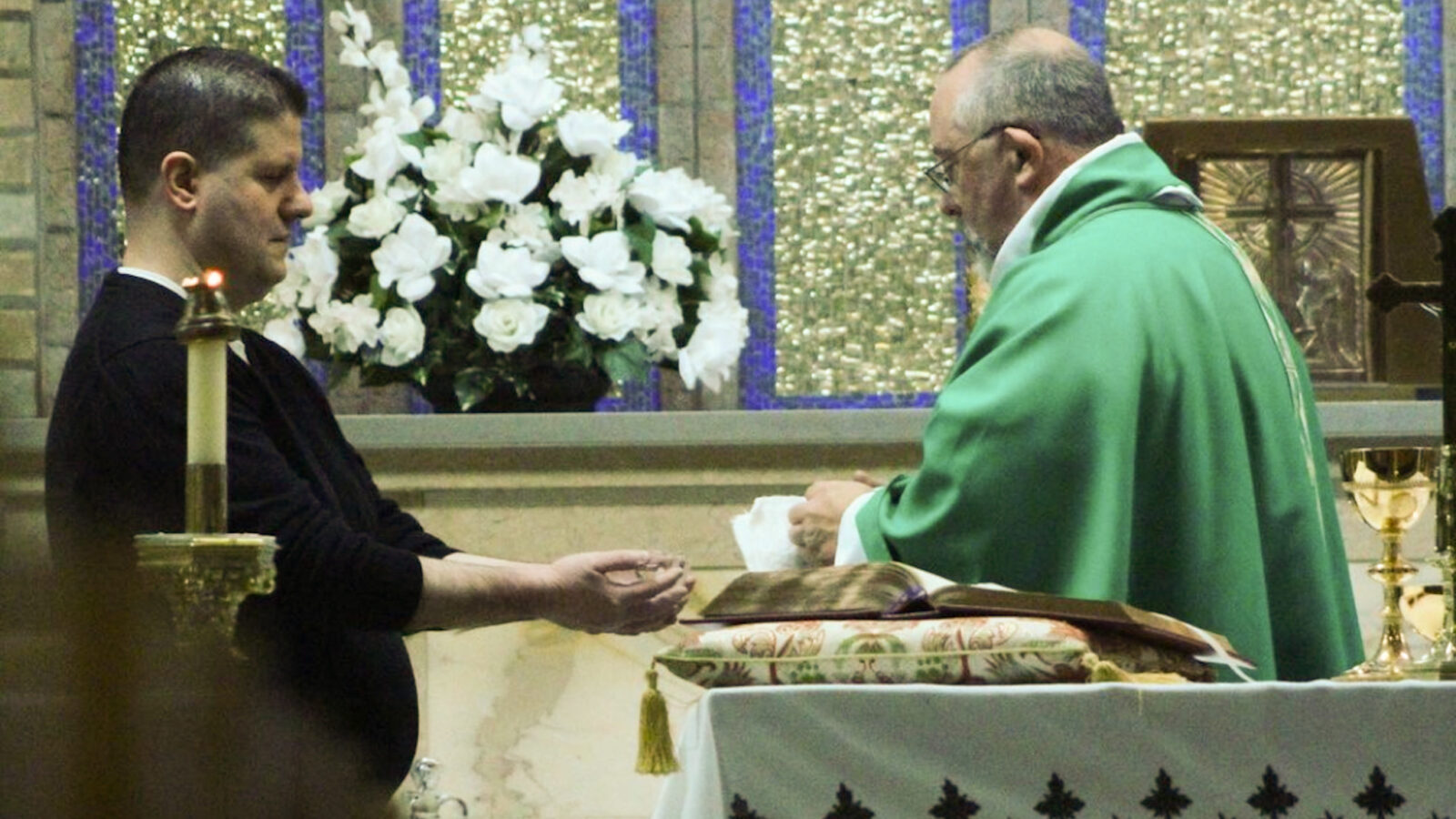
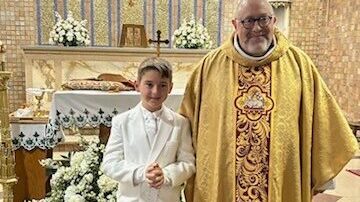
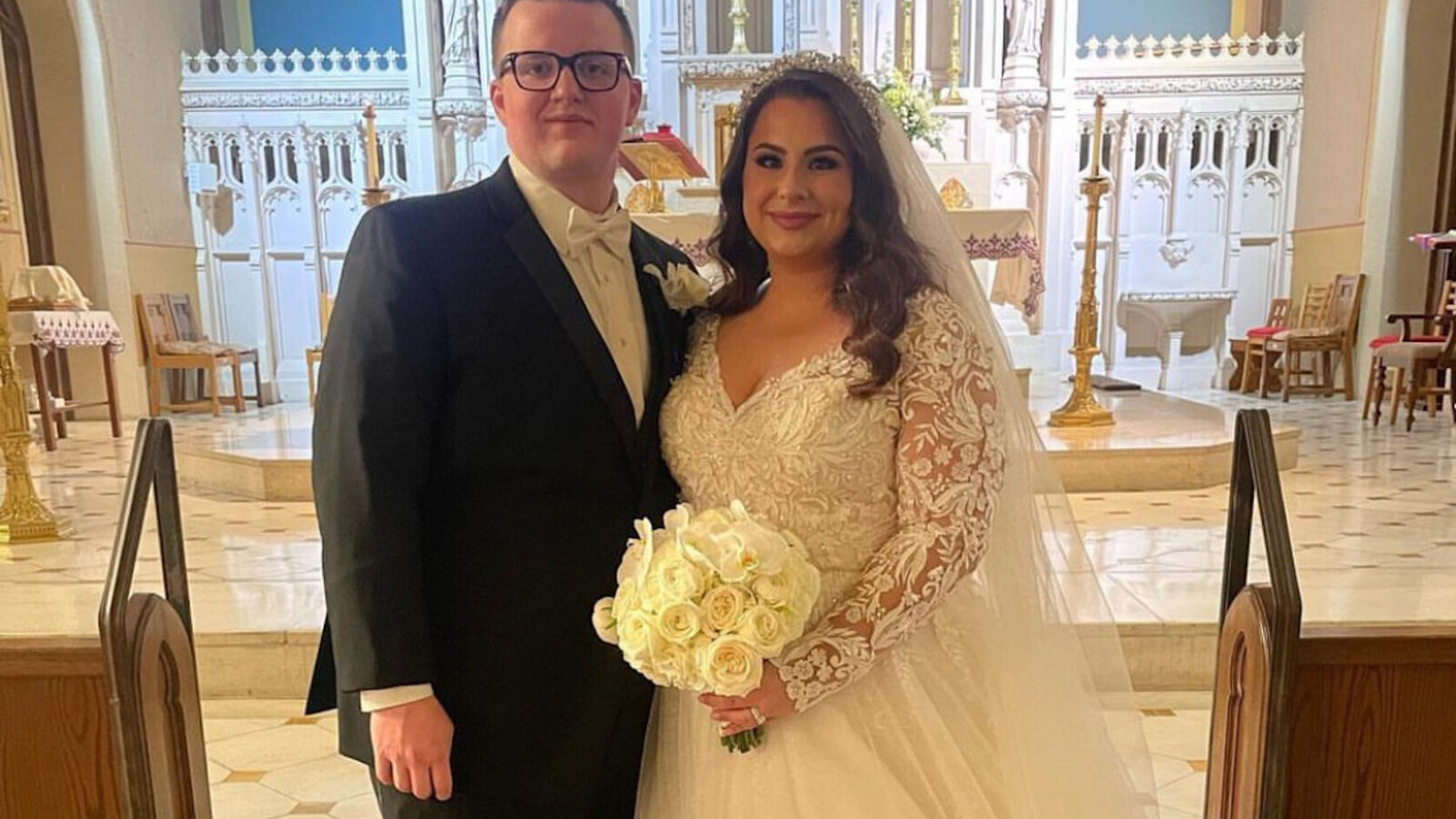
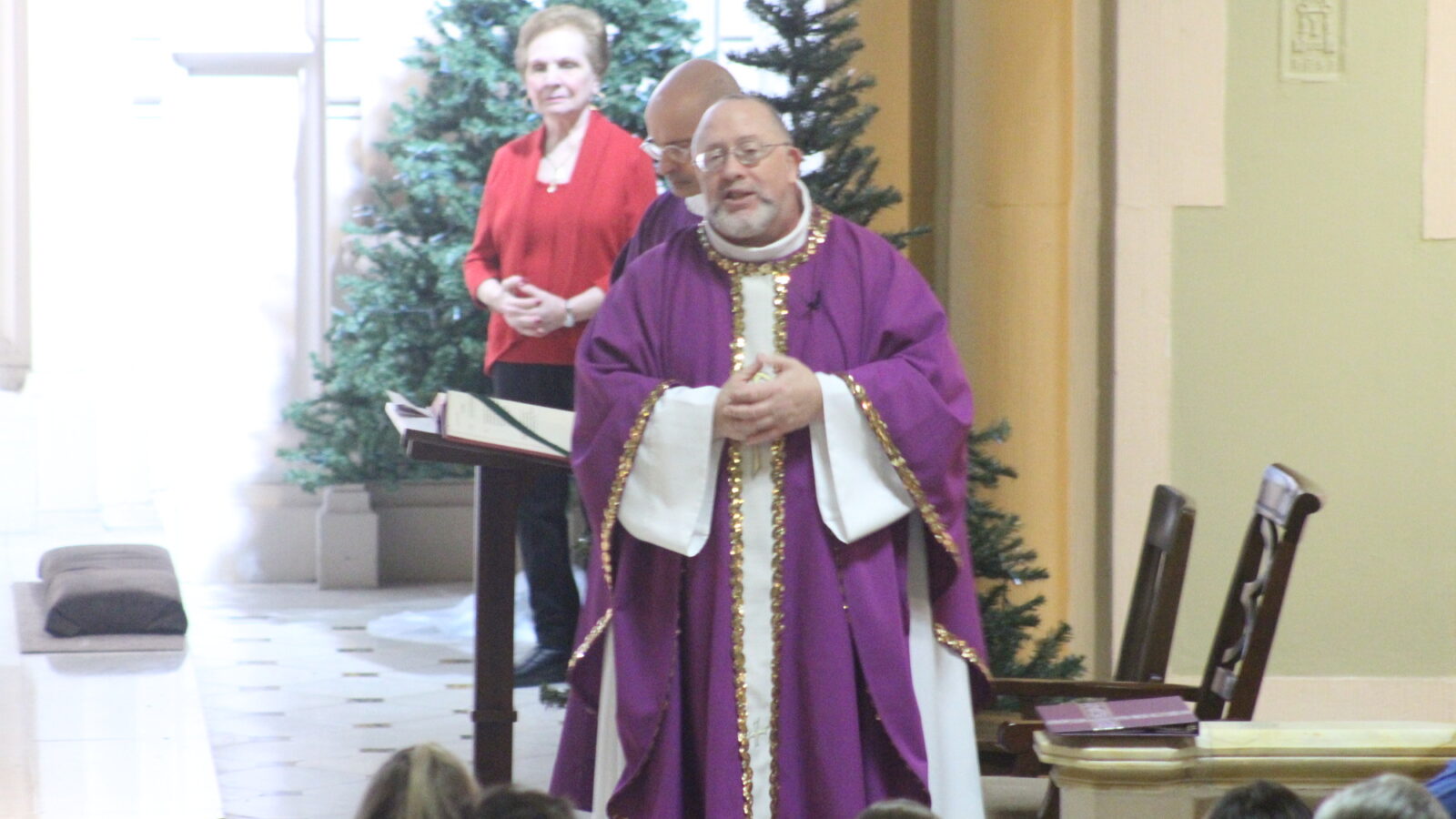
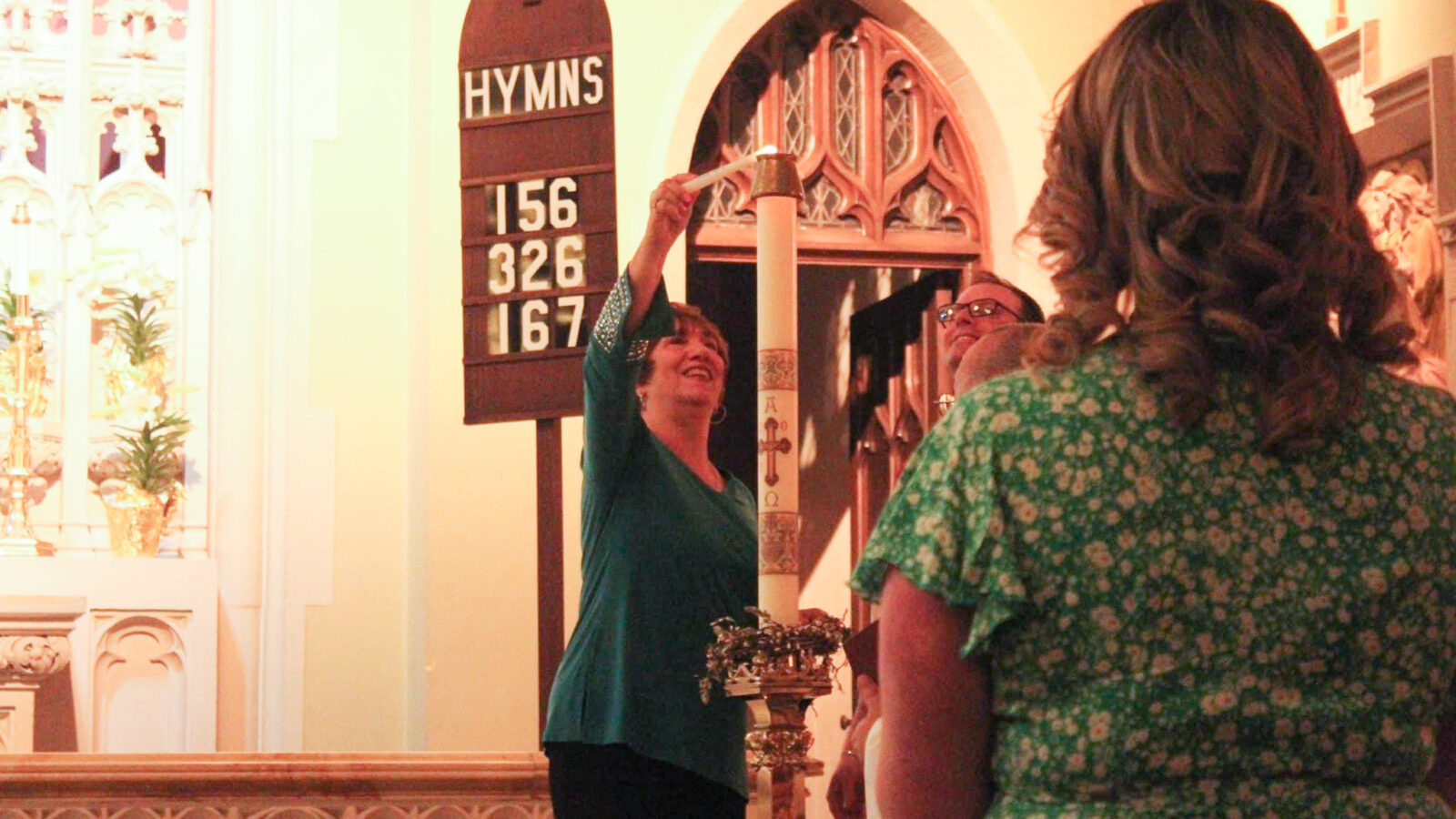
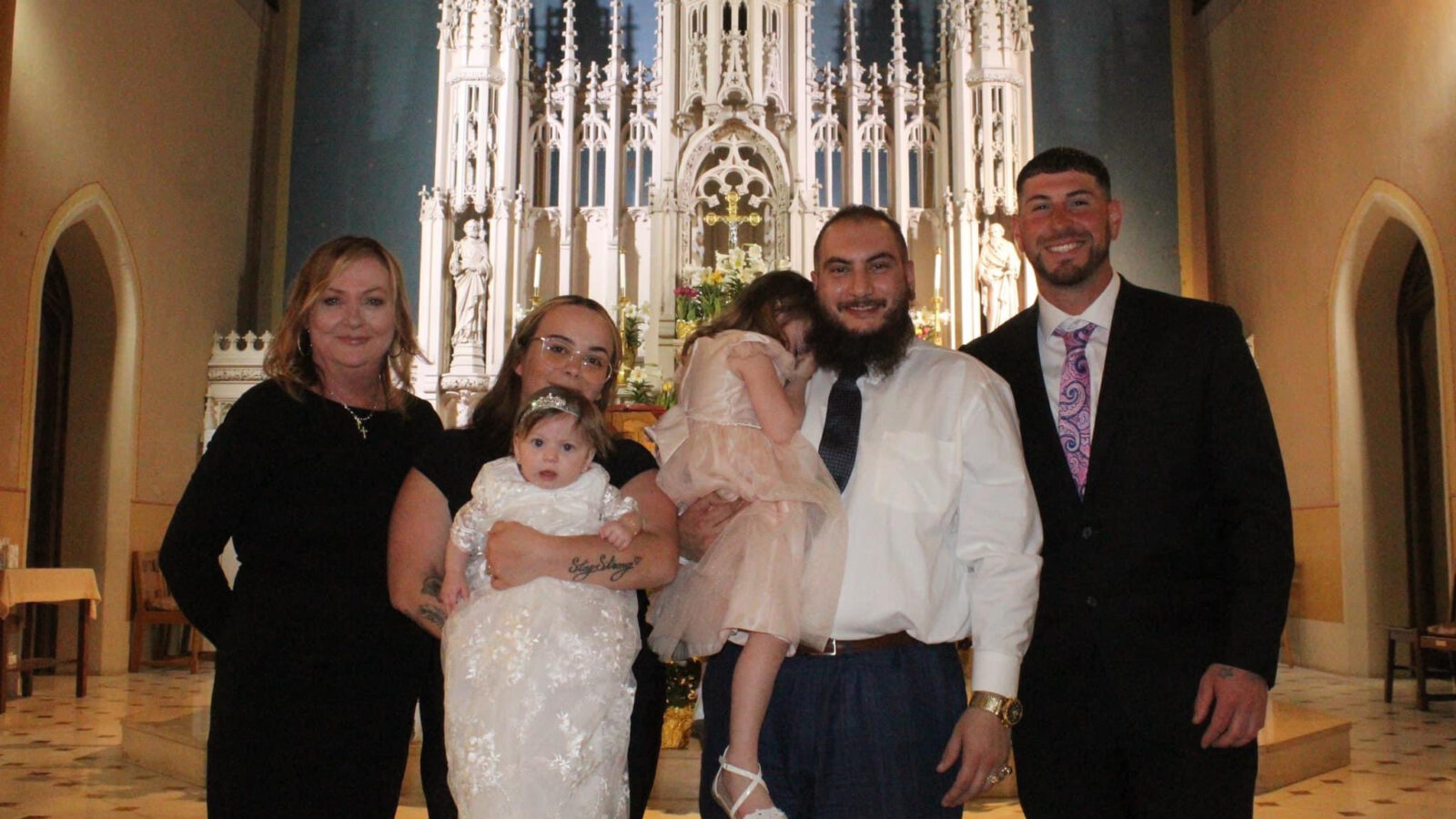
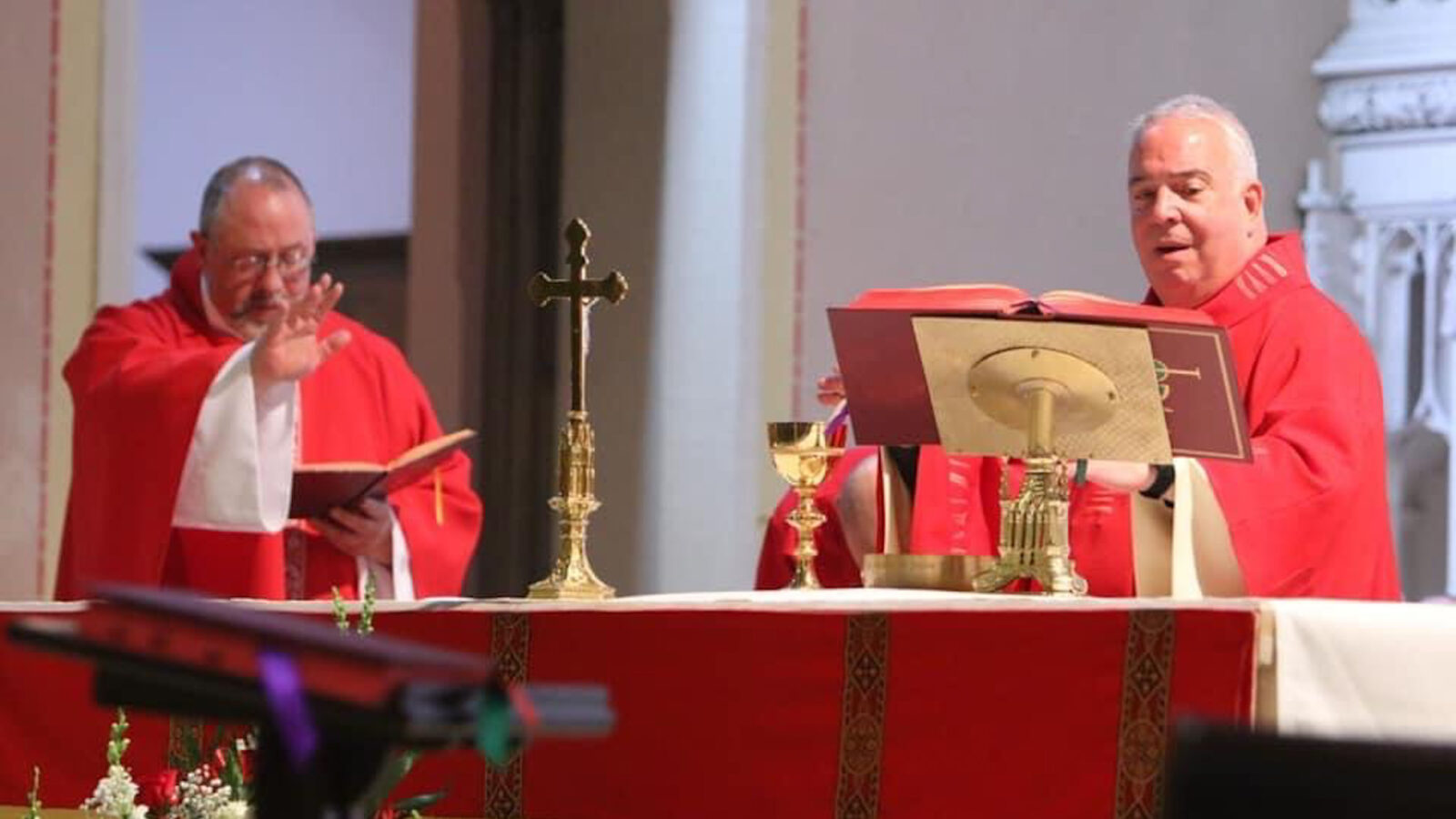
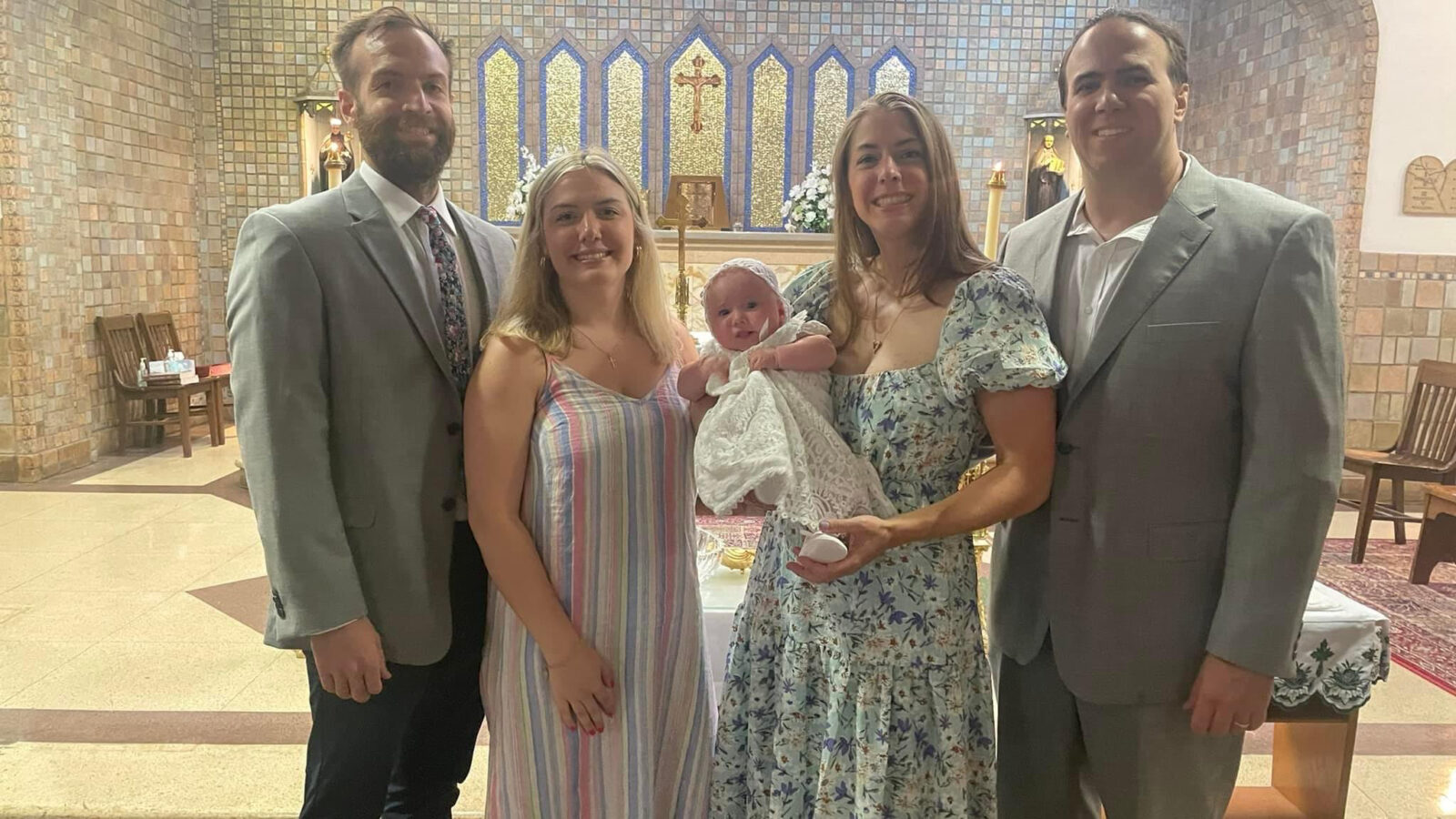
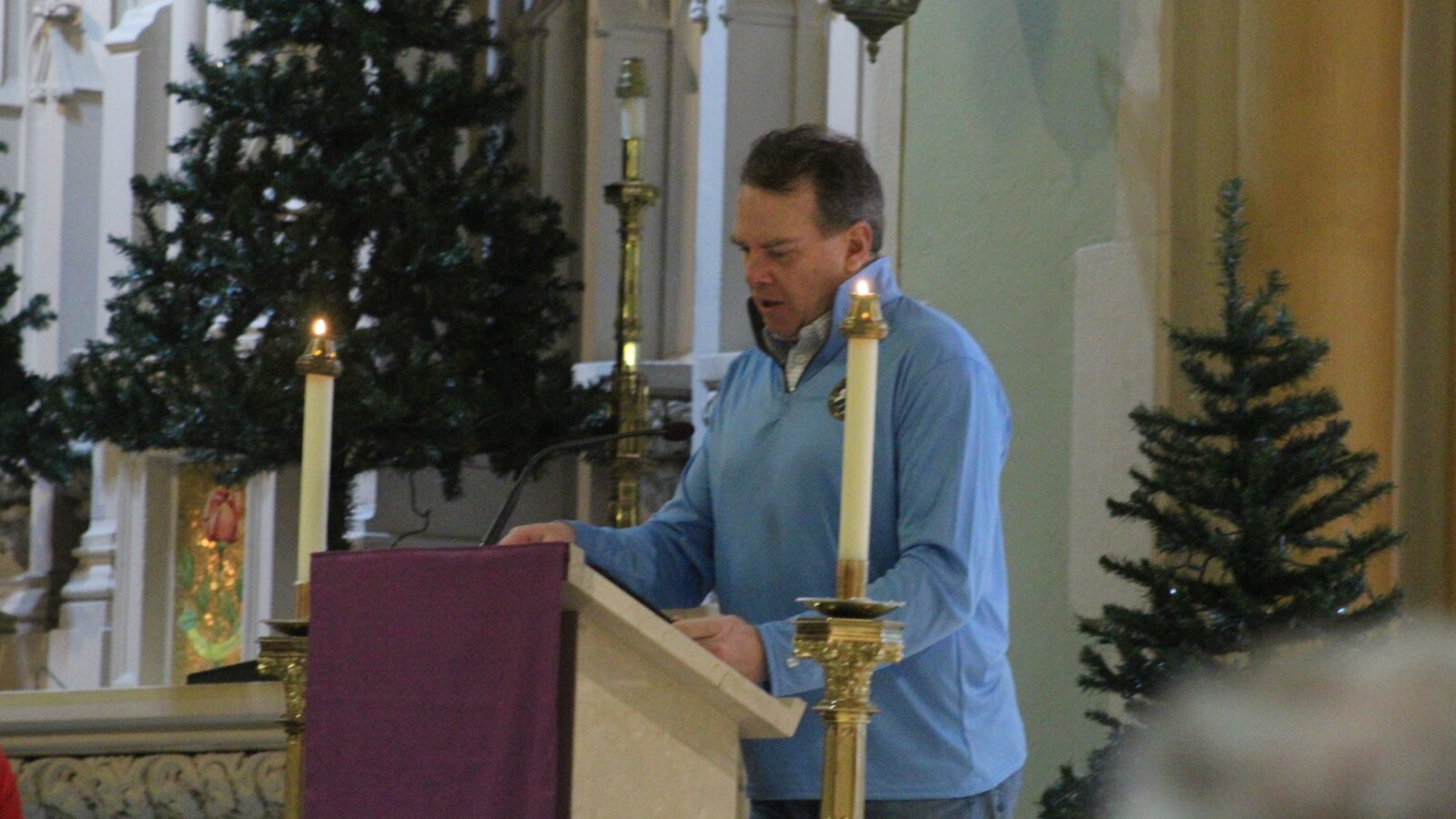
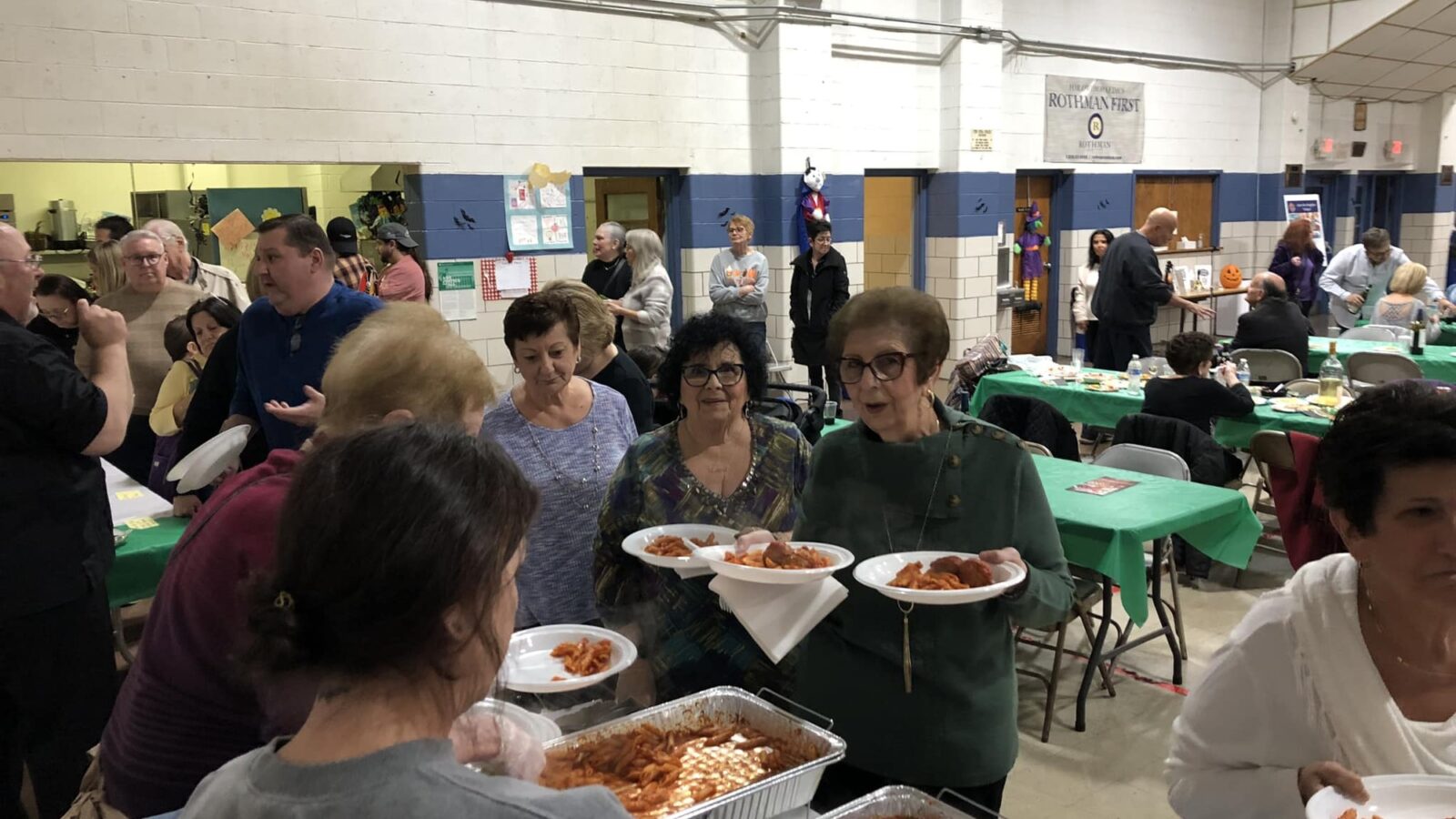
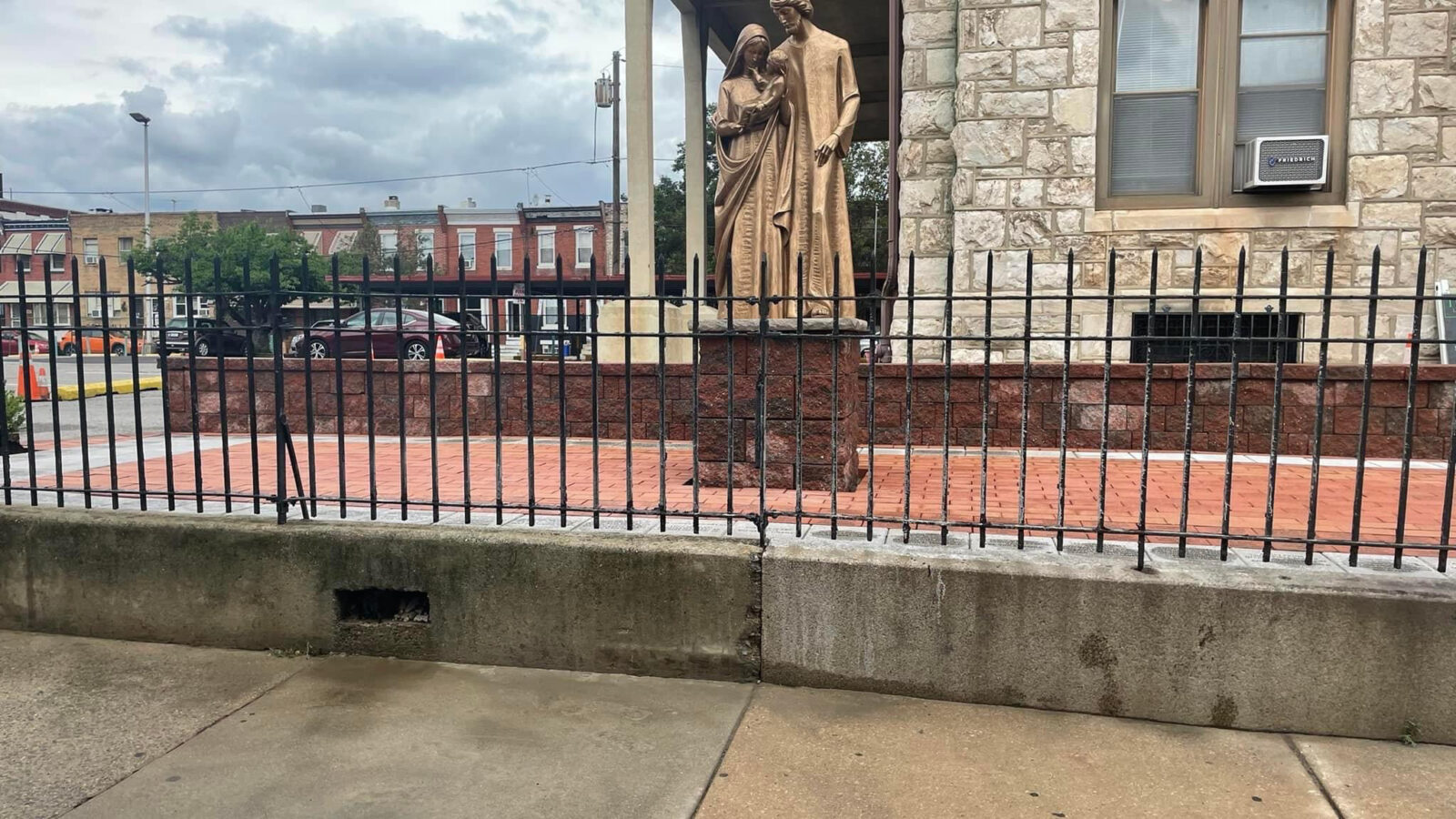
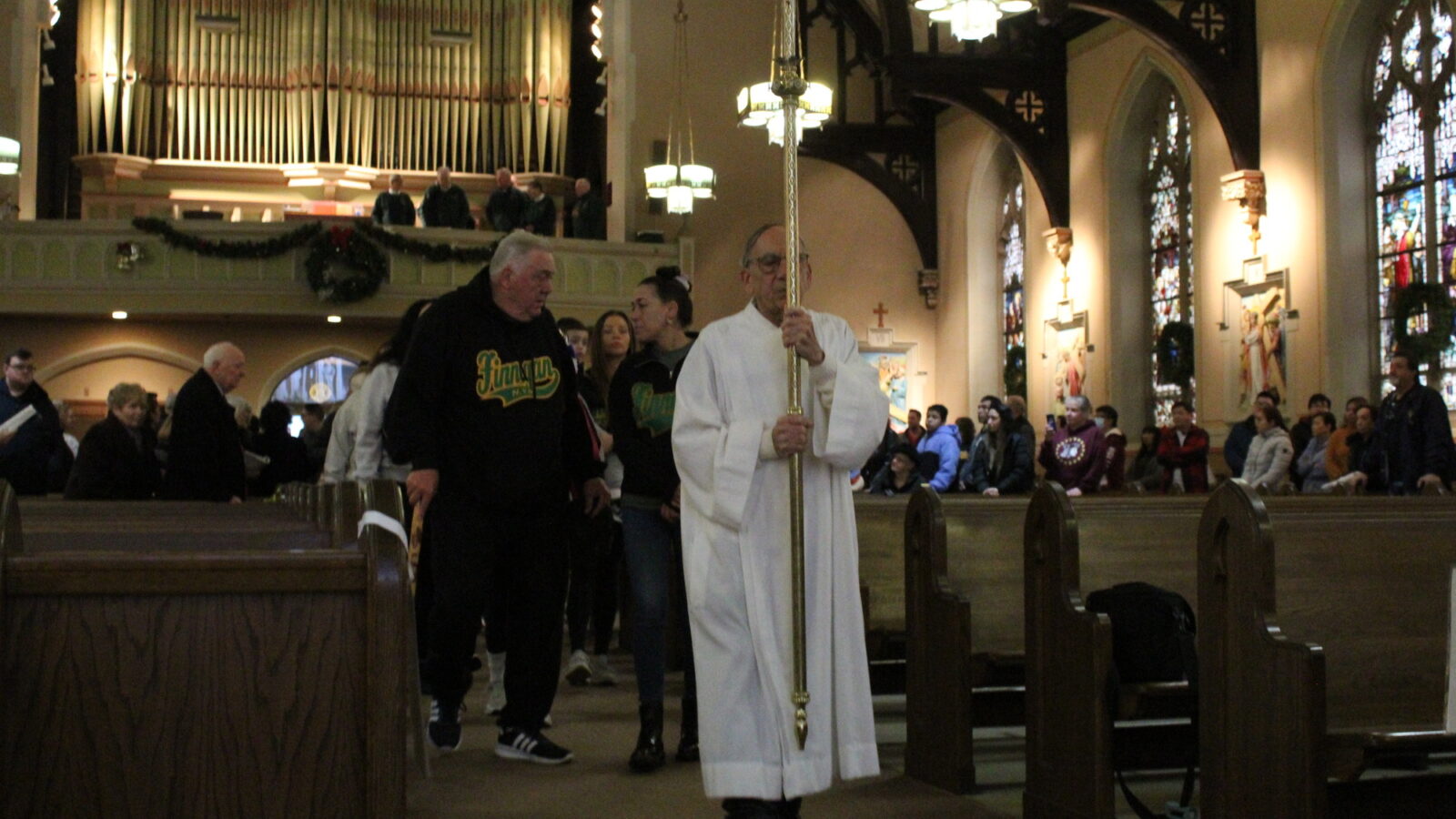
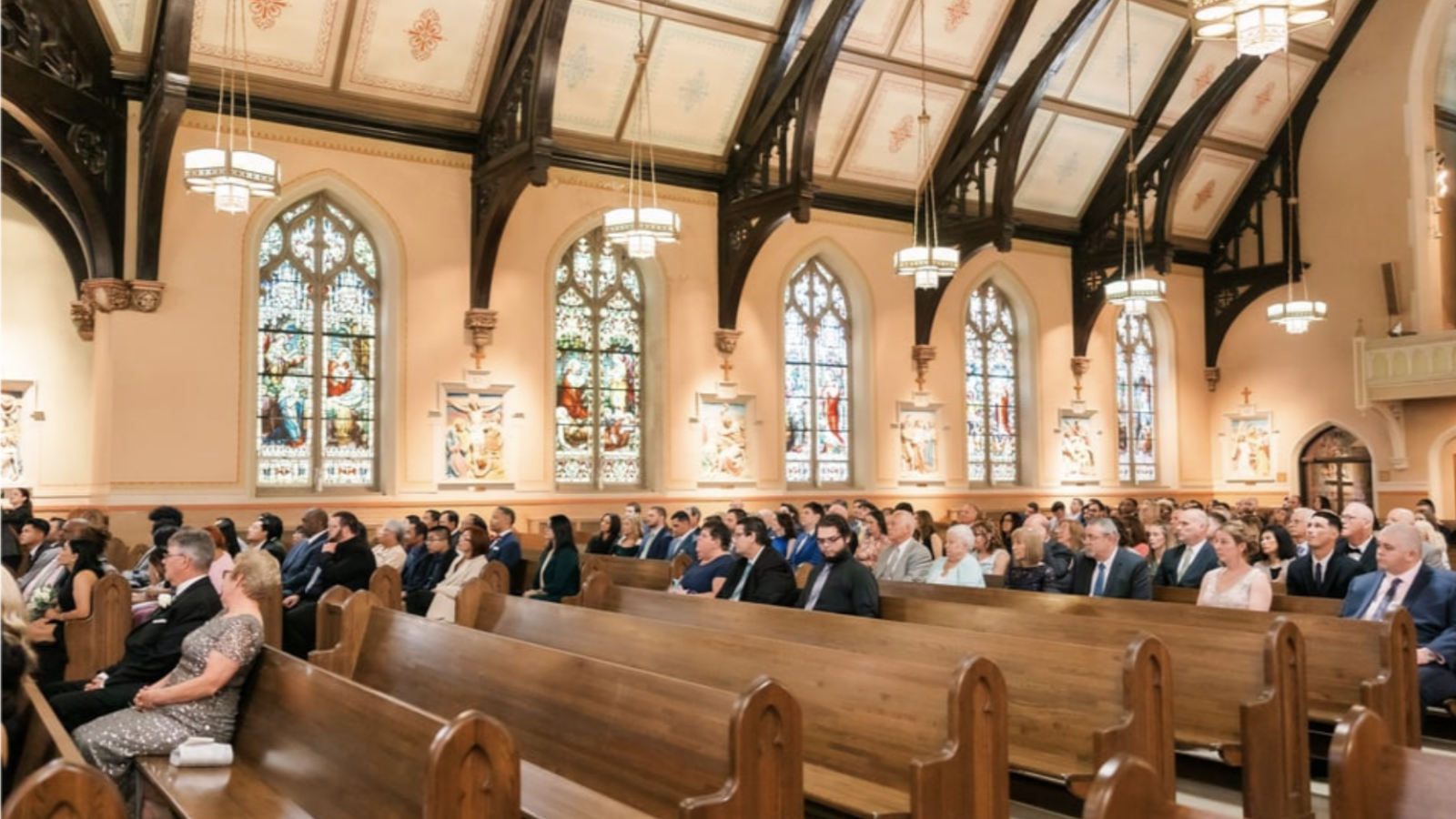
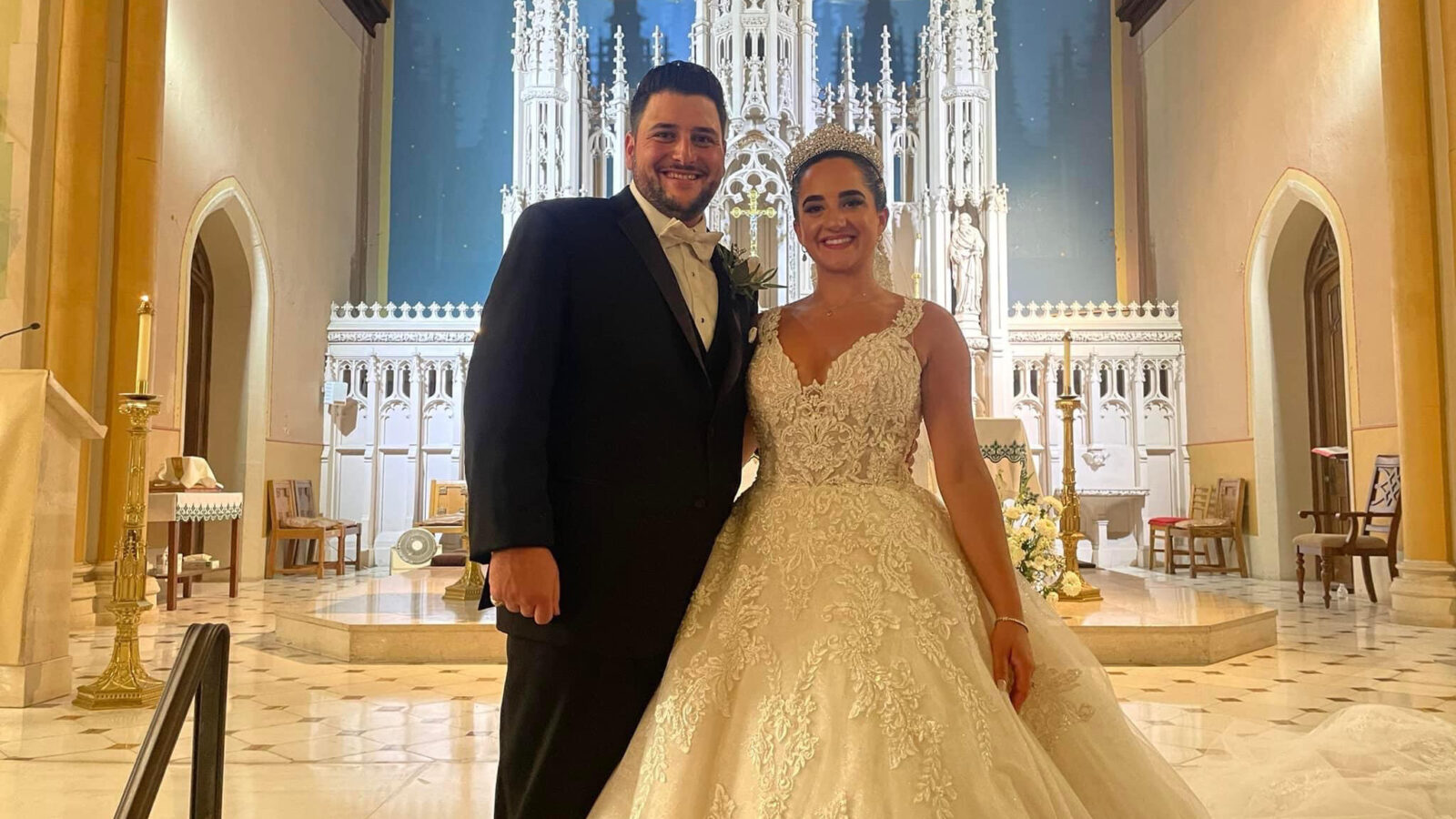
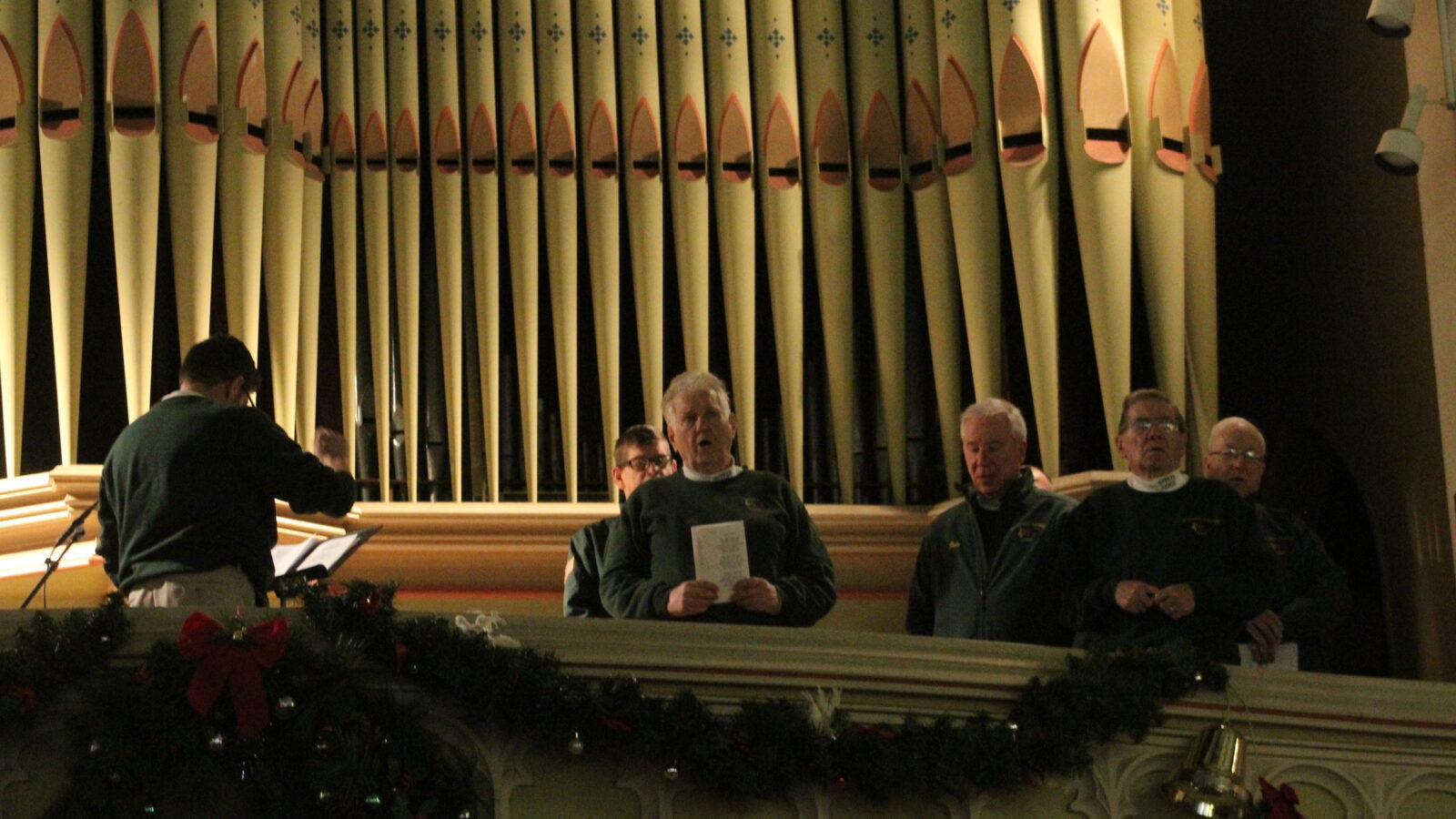
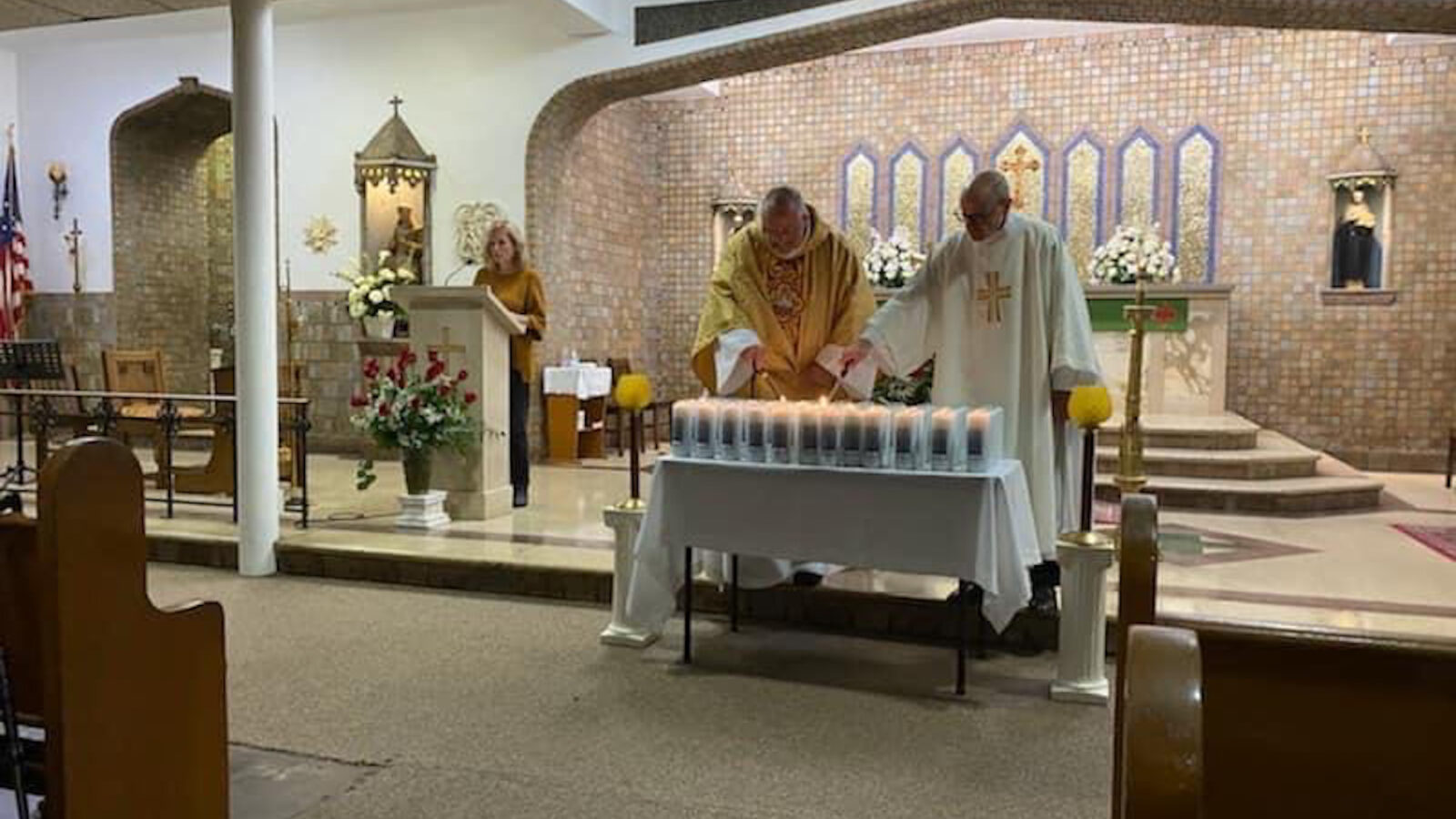
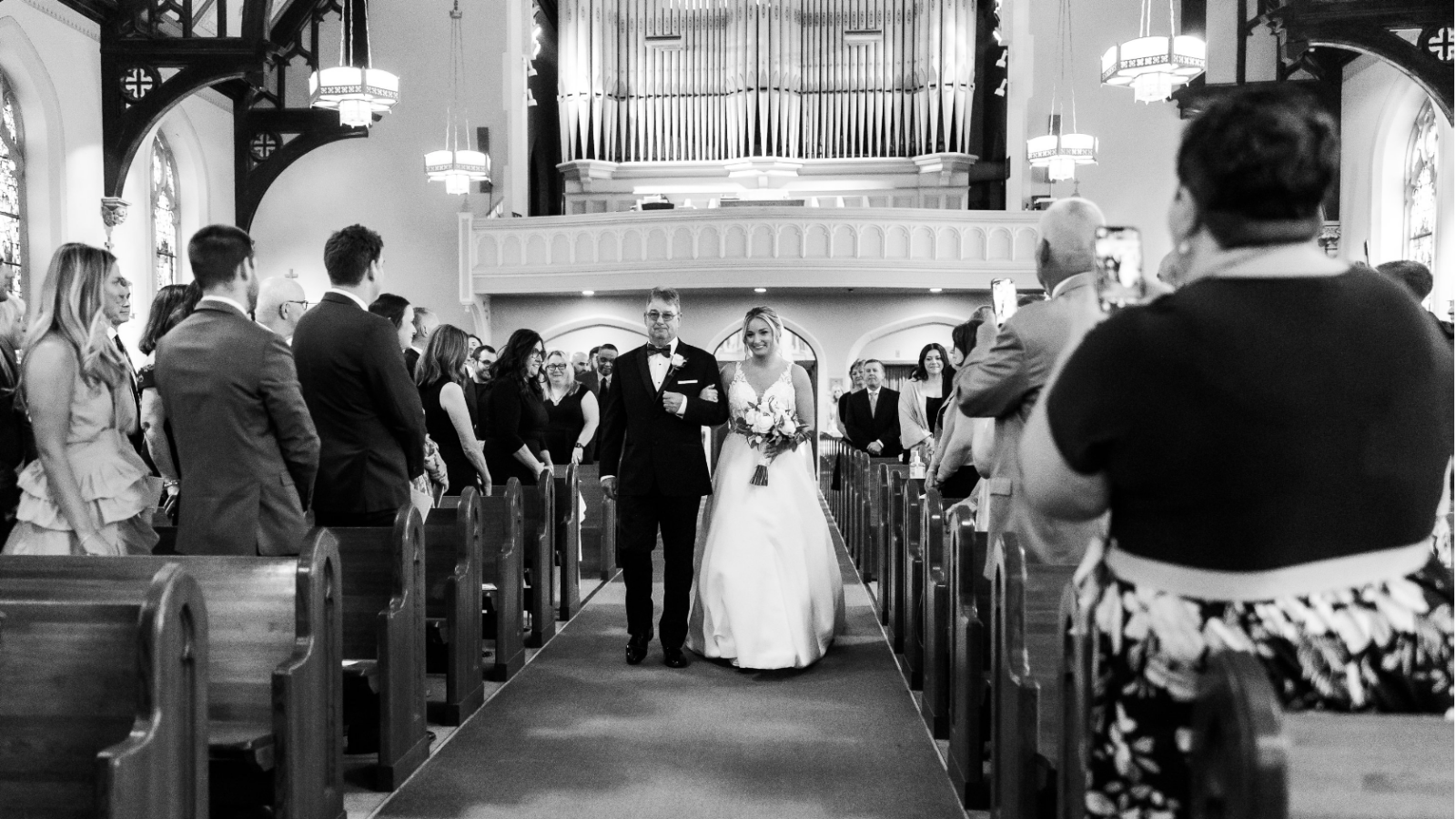
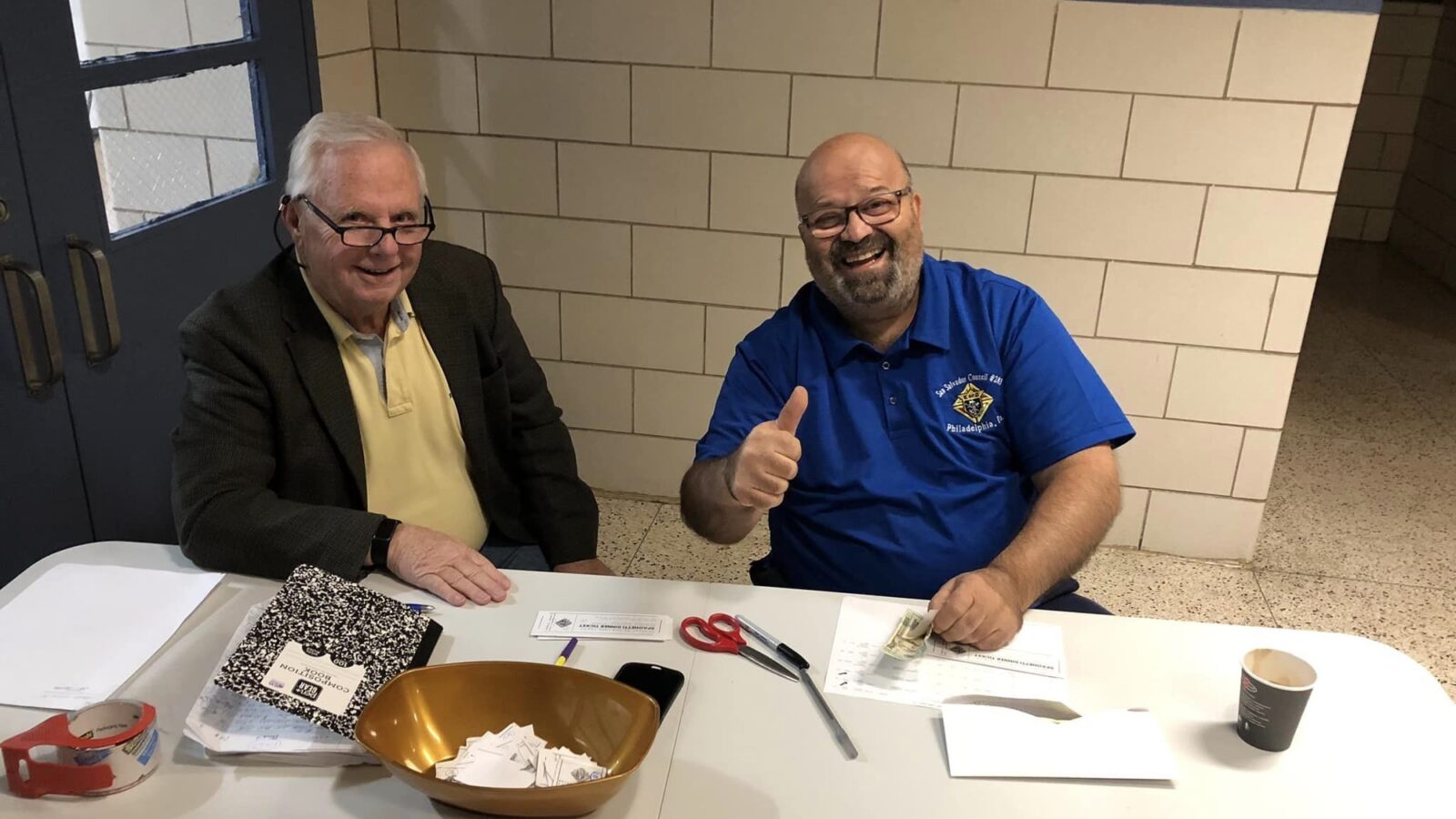
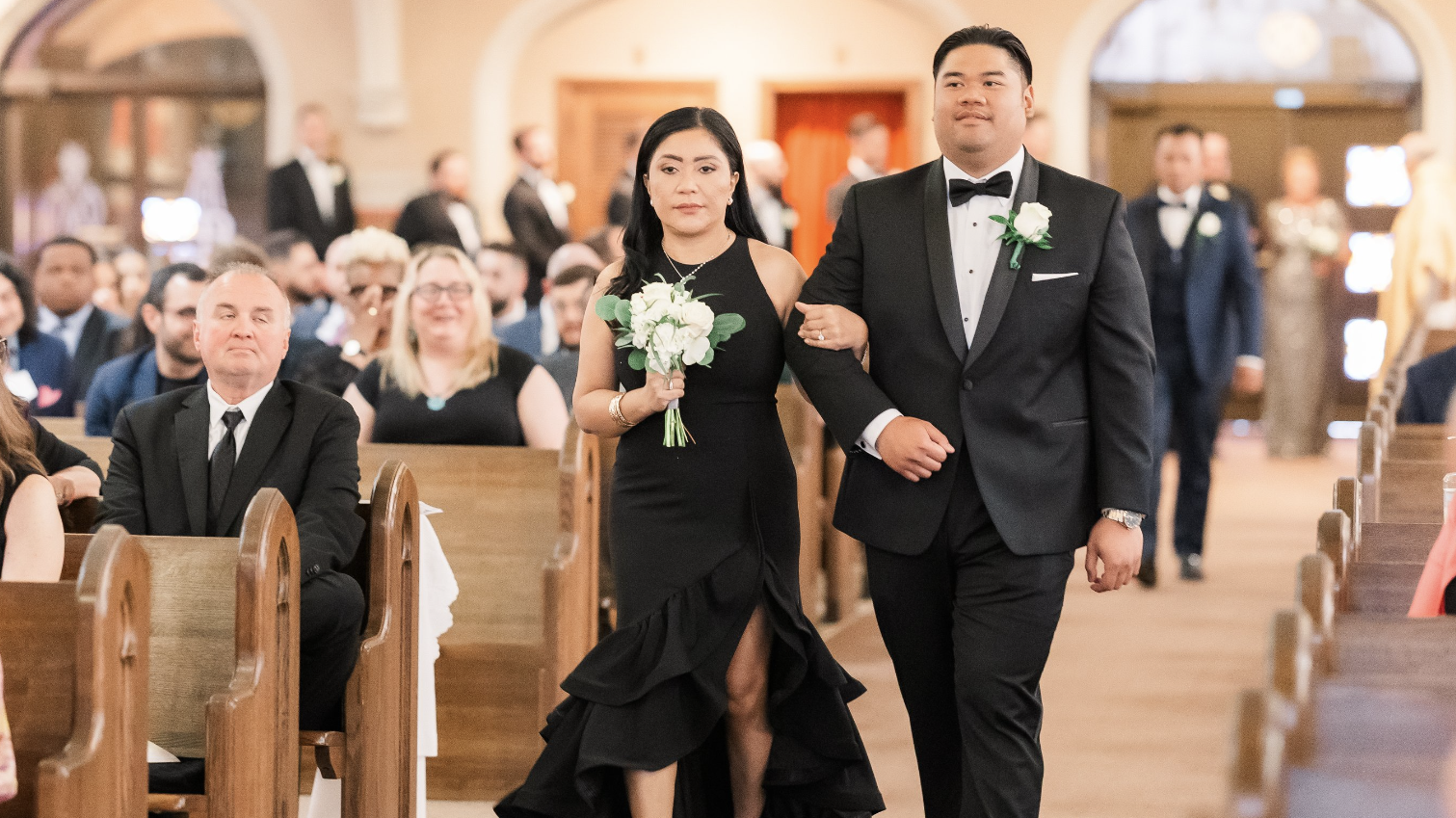
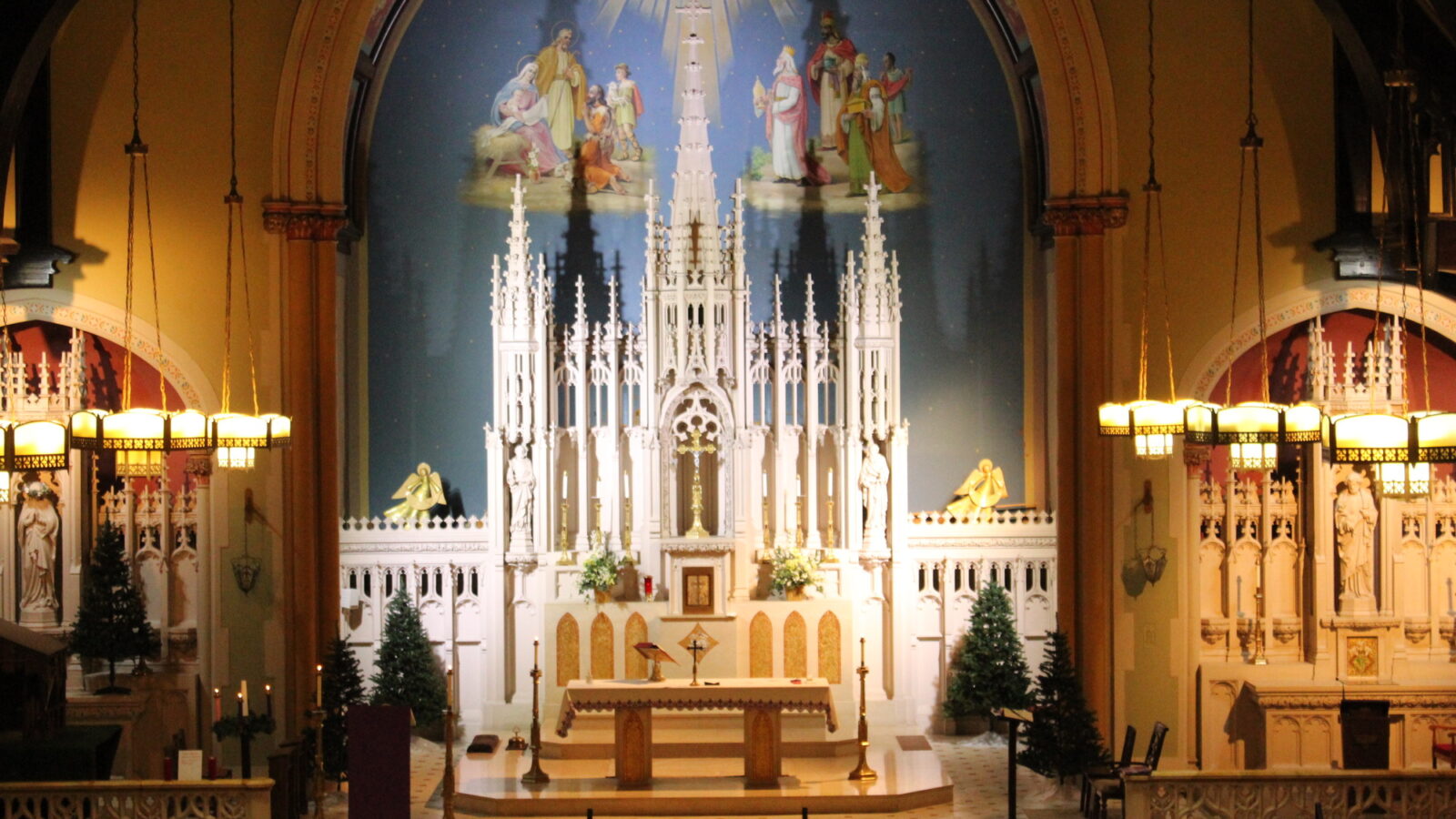
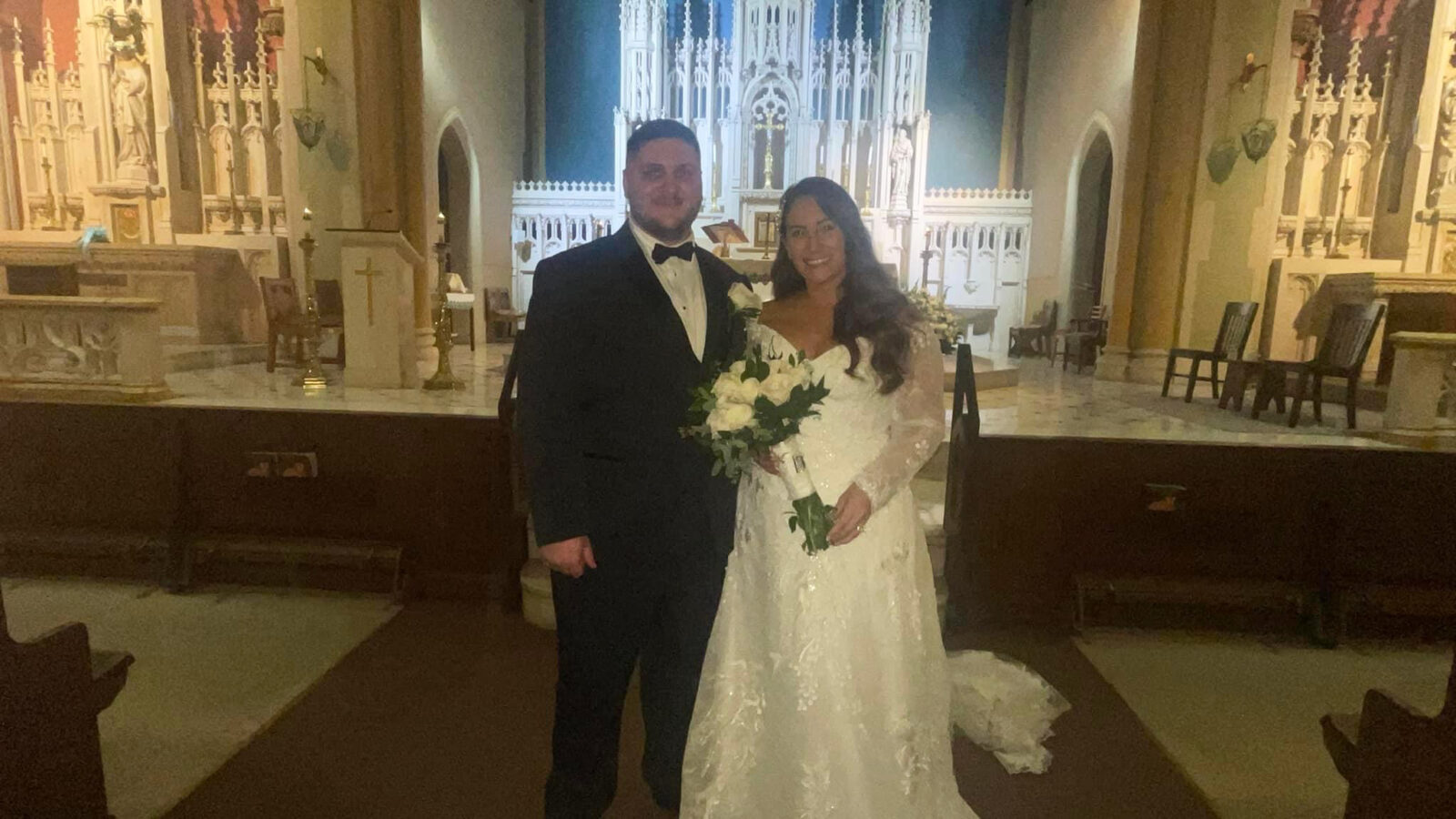
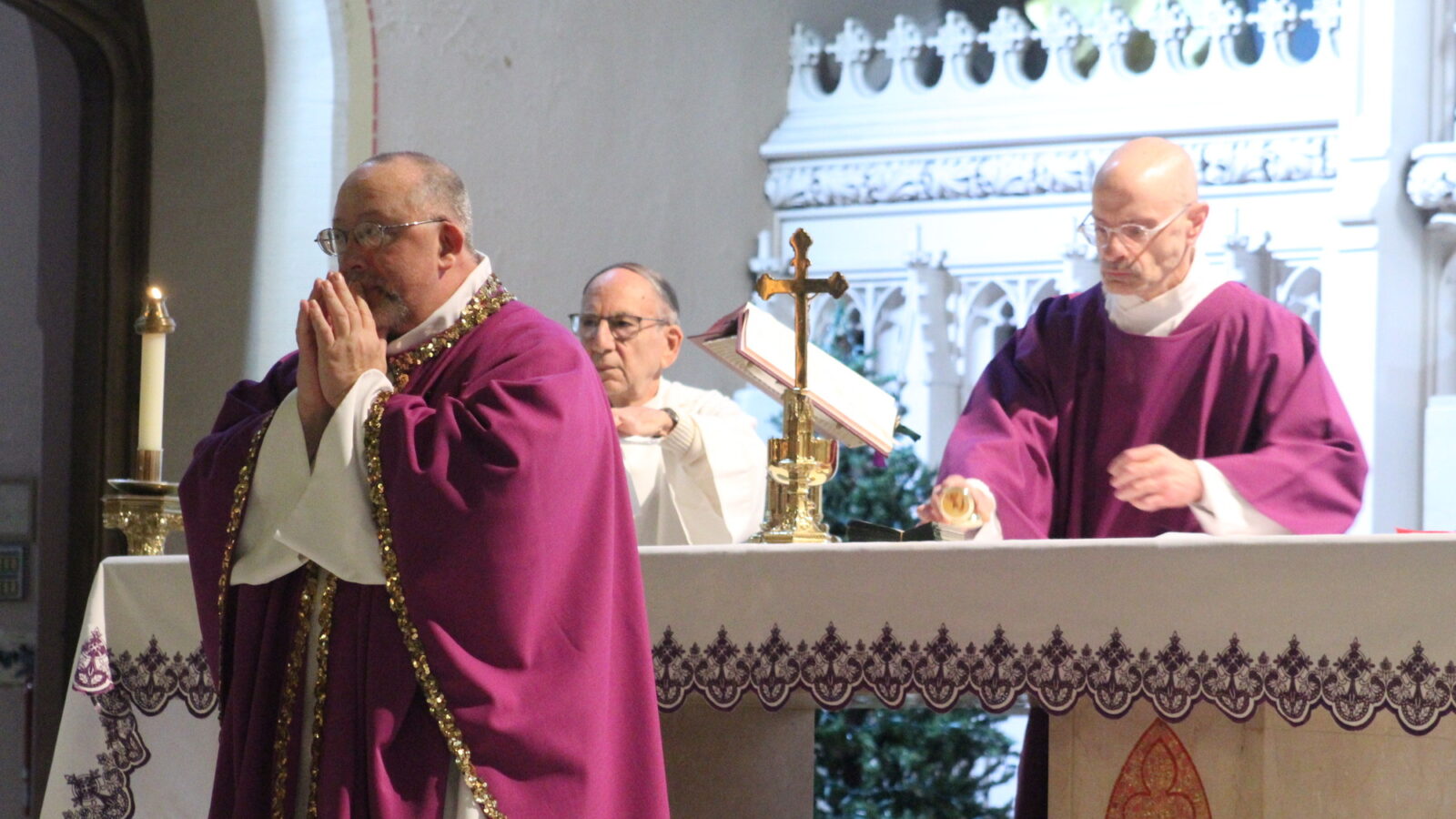
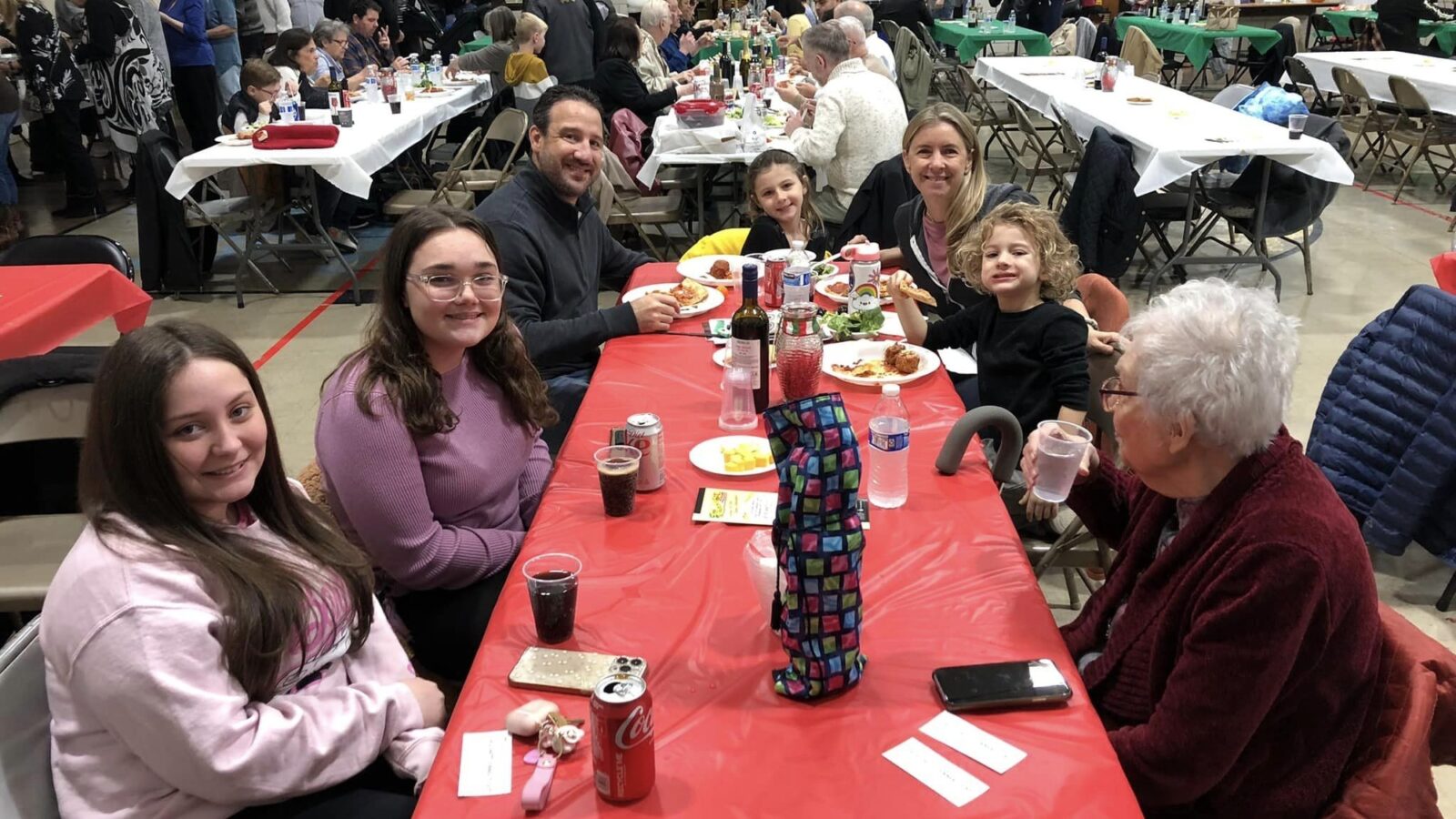
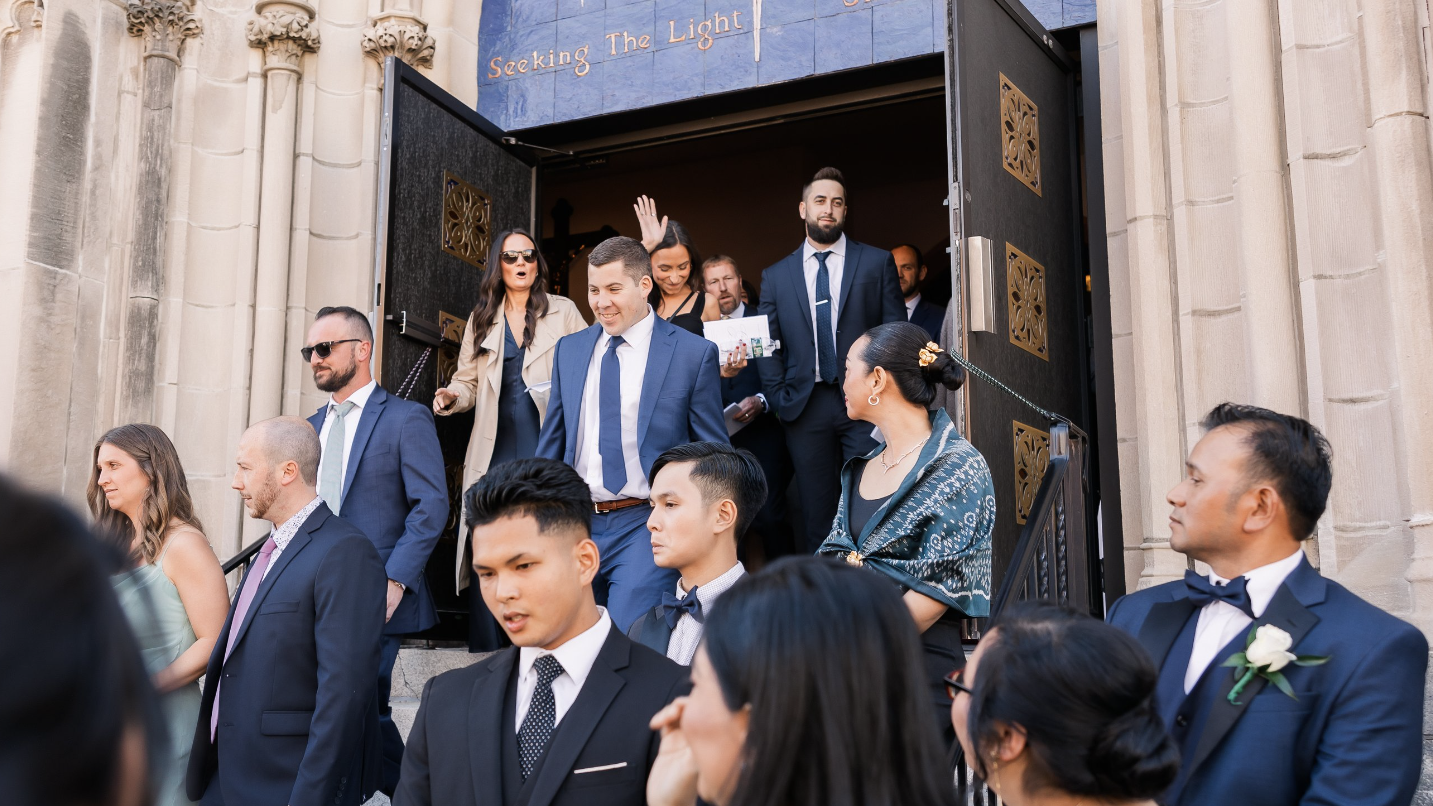
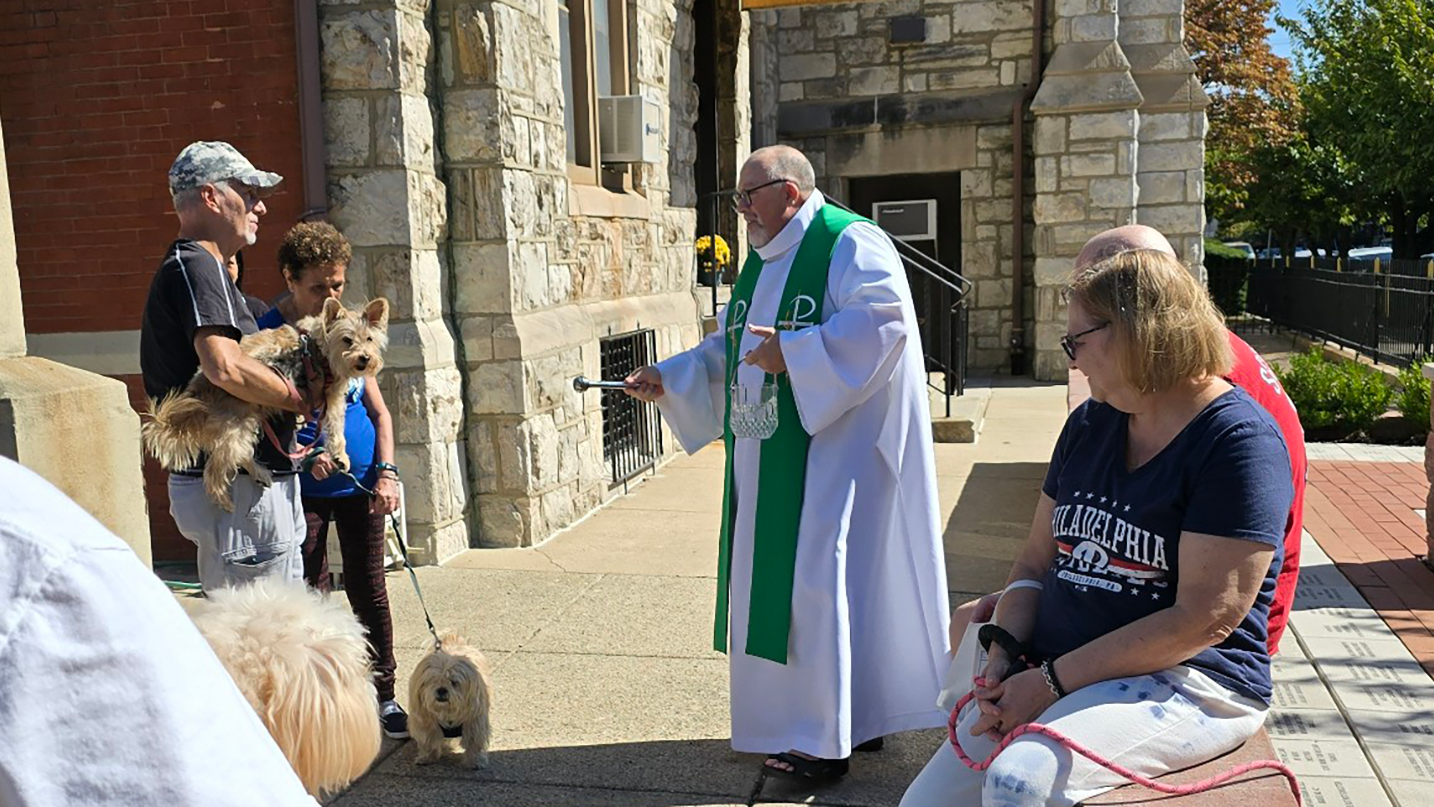
 Epiphany/Stella Maris CCD 2025-2026 Early Registration for Religious Education now open!
Epiphany/Stella Maris CCD 2025-2026 Early Registration for Religious Education now open!